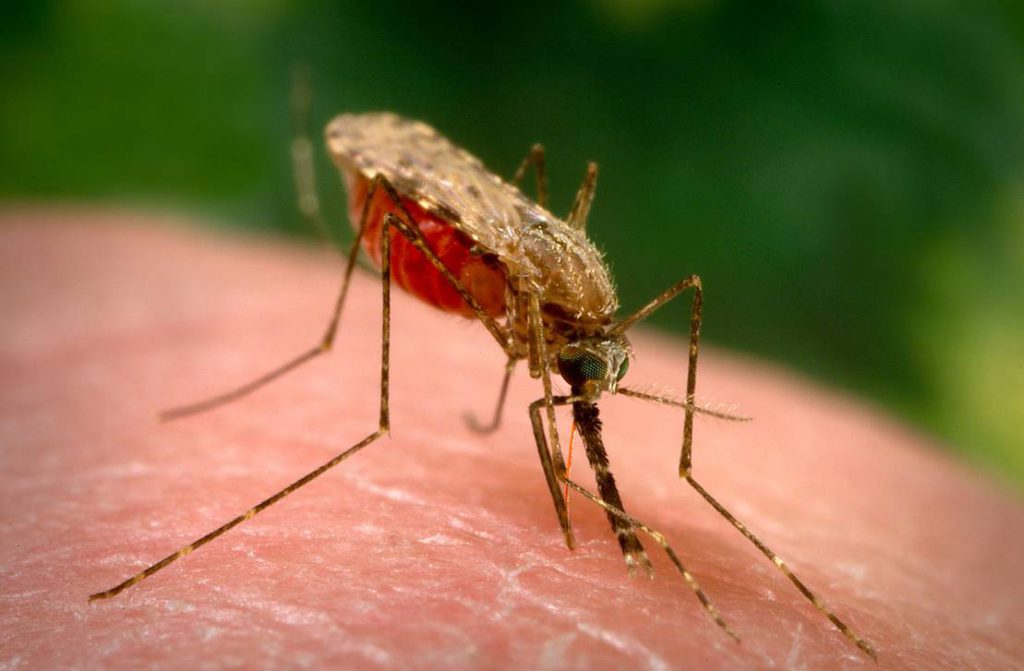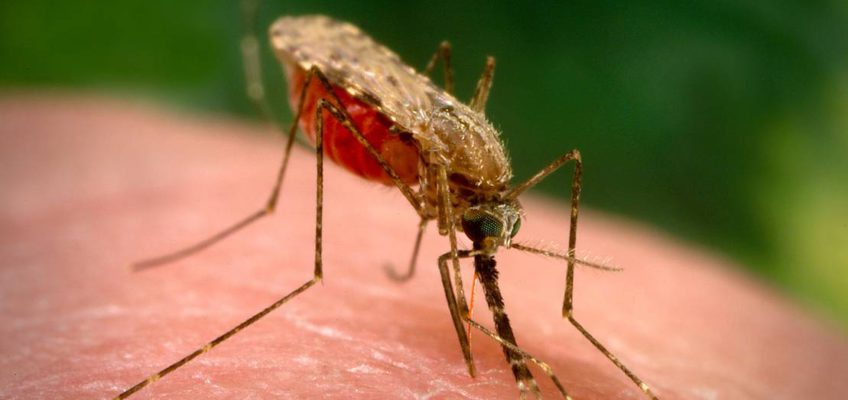Recently, the Partnership for Vivax Elimination (PAVE) was formed to support malaria endemic countries including Brazil, Ethiopia, India, Indonesia, Papua New Guinea, Peru and Thailand, in their quest to eliminate Plasmodium vivax (P. vivax). This partnership is critical because more than one-third of the world’s population is at risk of contracting P. vivax and it is the most common form of malaria outside of sub-Saharan Africa. Young children and pregnant women are impacted the most.
P. vivax constitutes a major challenge in eliminating malaria because hypnozoites, a form of the parasite often remain in the human liver, causing relapses as the parasites are released into the bloodstream weeks or years later. and significant increases in transmission. Treating both the blood and liver stages of the cycle is essential to achieve the World Health Organization 2030 malaria elimination target of at least 90% reduction in the incidence of malaria and elimination from 35 countries.

PAVE will promote the evolution of quality-assured treatments for the prevention of relapse and initiate and synthesize evidence to support the development and implementation of improved strategies to eliminate P. vivax malaria utilizing the World Health Organization Guidelines. Examples of strategies include shorter courses of Primaquine, and single-dose Tafenoquine liver-stage treatments and point of care G6PD diagnostics.
These strategies aim to achieve a radical cure of P. vivax malaria which is critical to stopping forward transmission of malaria. Patients with G6PD deficiency are at risk for haemolytic anaemia from taking these medications mentioned above. The new partnership involving Medicines for Malaria Venture (MMV), PATH a public health organization for developing countries, the Menzies School of Health Research, and the Burnet Institute, will work together to conduct feasibility studies to investigate the best ways to employ P. vivax diagnostics and treatment at different levels of the health care systems of various endemic countries including Papua/New Guinea and Indonesia. The partnership combines a new investment of US$25 million from Unitaid with existing grants including that of the Bill and Melinda Gates Foundation. Coordination of projects and transparent communications with partners worldwide will result. PAVE provides a much more powerful route to advocating for resources to eliminate P. vivax.

